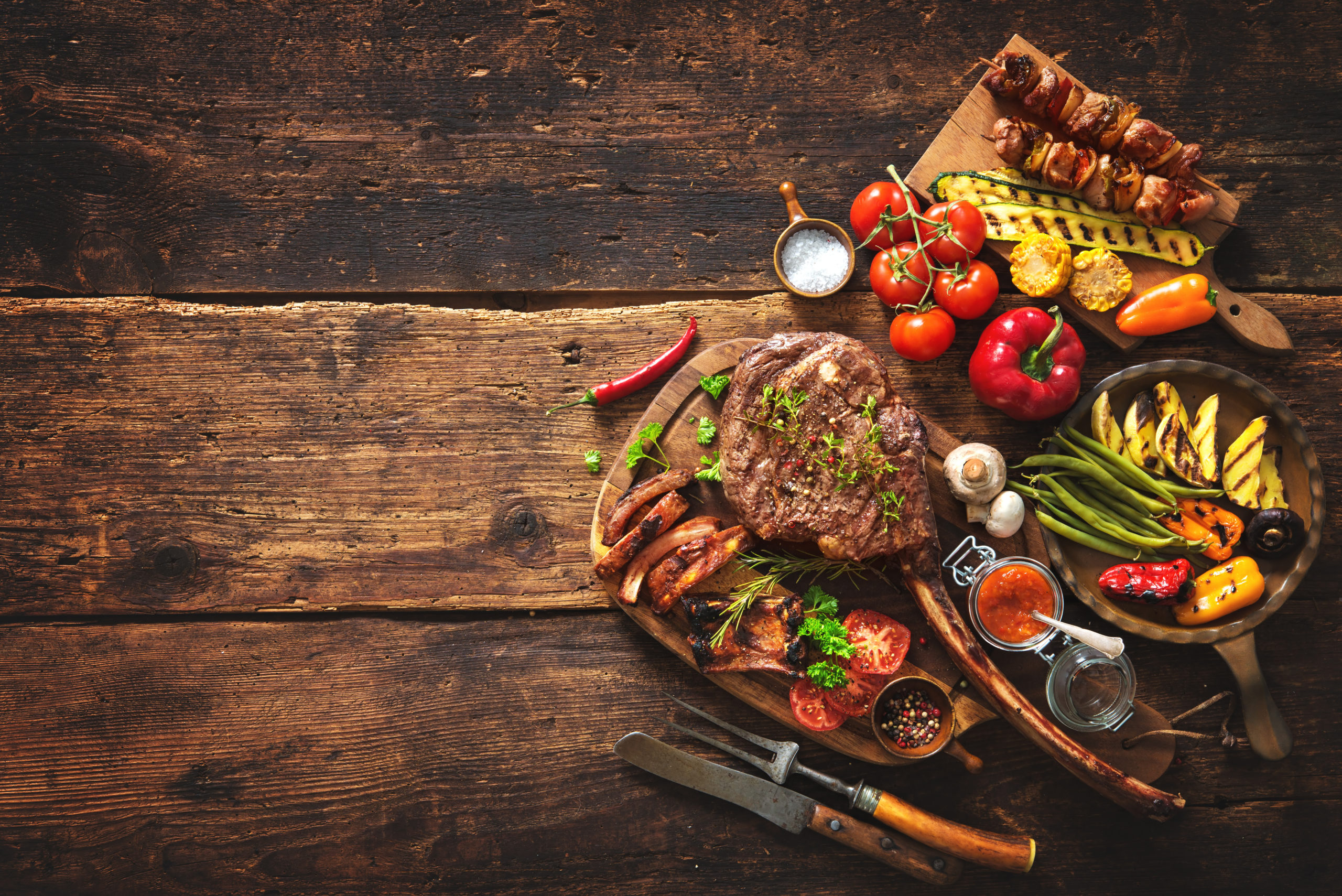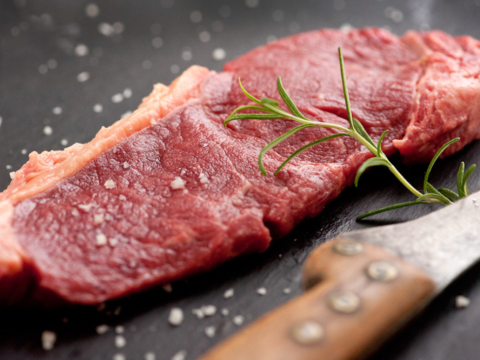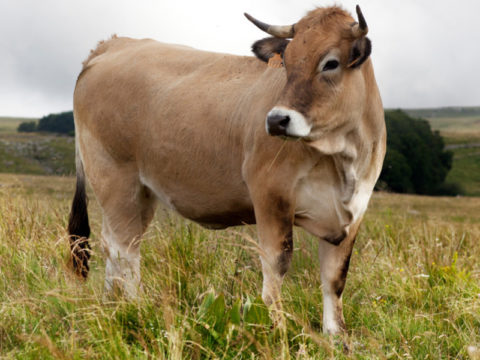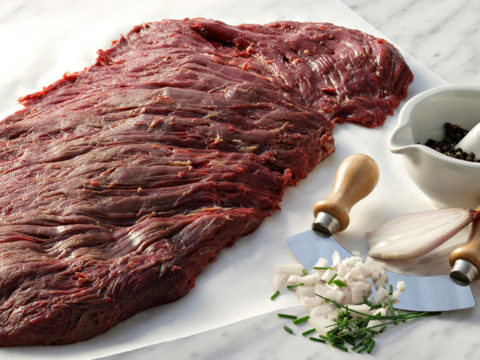Everything you need to know about meat maturation
The curing process is about optimising the tenderness and flavour of the meat. How does it work and how long does it last? Our steakhouse located in the heart of the Marais in Paris explains the secrets of maturation in this article. You will discover why we have chosen premium quality.
Matured meat: its purpose and process
To obtain the best possible meat, maturation is necessary. Requiring time, attention and advanced skills, this process relaxes the muscles of the beef to enhance its taste and tenderness. It is ideal for enhancing the best cuts of beef such as entrecote, bavette, rump steak, etc. Many chemical reactions take place when the meat is left to rest. Processes related to glycogen, pH and enzymes greatly enhance the quality of marbled meat, the cost of which rises sharply.
The time needed to achieve adequate maturation
In fact, there is no rule specifying the number of days of maturation. However, it is important to know that the quality of the meat increases with the number of days it is left in a cold room. This is because maturation takes place in a number of successive stages that take time and depend on the breed. As a general rule, maturation lasts at least 15 days. Many meat restaurants serving matured meat are satisfied with this time. However, the process can take up to 70 or even 90 days. At the Beef located on rue des Rosiers (75004), our chef Daniel Renaudie has chosen to prepare only exceptional meats that have been matured for a minimum of 30 days in a dedicated cellar.
This is one of the secrets of the quality of our dishes, whether they are traditional recipes or more daring dishes, such as tomahawk or tataki. With your matured meat, choose a side dish according to your taste. However, we would like to suggest our rustic mashed potatoes, a real marvel!




